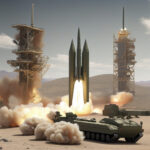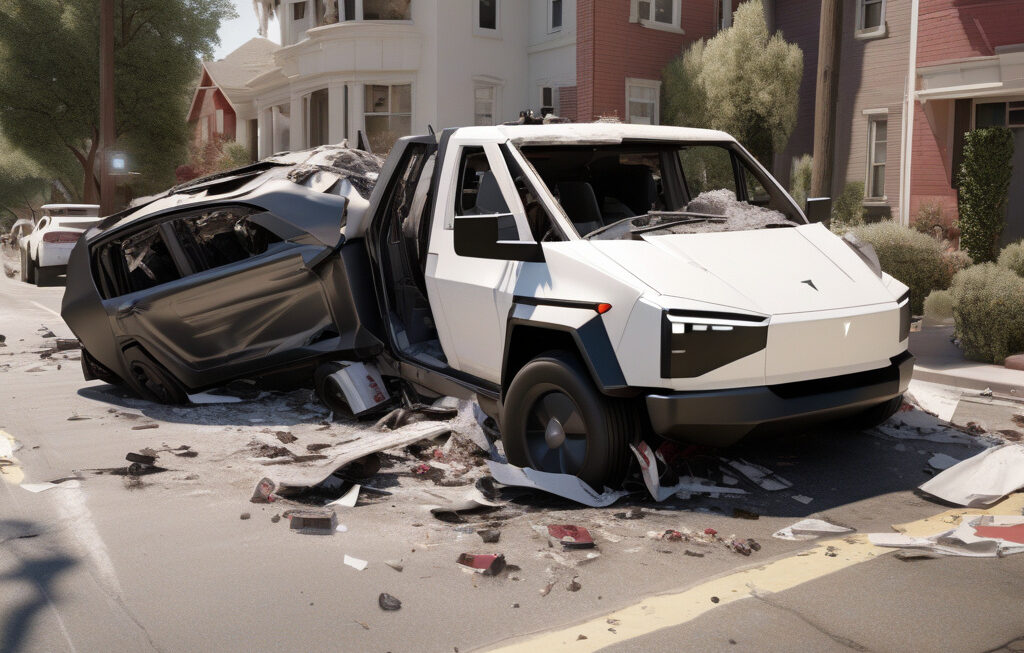The Pentagon’s Initiative to Strengthen Quantum Sensors for Enhanced Durability
In September 1983, after Soviet forces shot down Korean Air Lines Flight 007 when it inadvertently entered Soviet airspace, the United States realized the pressing need for improved defense technologies. Fast forward to the present day, quantum sensors have emerged as a critical component in enhancing national security measures. These sensors have the remarkable ability to detect the faintest magnetic and electric fields, making them invaluable for various military applications, including navigation, communication, and detecting underground facilities. However, despite their incredible sensitivity and precision, quantum sensors have proven to be fragile in harsh environments, limiting their operational effectiveness in the field. Recognizing this challenge, the Pentagon has launched an ambitious initiative to ruggedize quantum sensors, ensuring their reliability and performance in real-world conditions.
Ruggedizing quantum sensors involves enhancing their durability and resilience to withstand extreme temperatures, vibrations, moisture, and electromagnetic interference. By ruggedizing these sensors, the Pentagon aims to extend their operational lifespan and expand their deployment across a wider range of military platforms, including aircraft, ground vehicles, and unmanned systems. This initiative aligns with the Department of Defense’s overarching goal of leveraging cutting-edge technologies to maintain military superiority in an increasingly complex and contested global security environment.
One of the primary focus areas of the Pentagon’s ruggedization efforts is to develop robust packaging and shielding solutions for quantum sensors. Traditional quantum sensor systems are housed in delicate vacuum chambers to protect them from external disturbances that could compromise their performance. However, these vacuum chambers are bulky, fragile, and not well-suited for deployment in rugged military environments. To address this challenge, researchers are exploring advanced materials and designs that can provide the necessary protection for quantum sensors without inhibiting their functionality. For example, innovative composite materials with high strength-to-weight ratios and excellent thermal conductivity are being investigated to create lightweight yet durable enclosures for quantum sensors.
Moreover, the Pentagon is investing in the development of advanced signal processing algorithms and error correction techniques to enhance the resilience of quantum sensors to external noise and interference. Quantum sensors are highly sensitive devices that can easily be affected by environmental factors such as electromagnetic radiation and mechanical vibrations. By implementing sophisticated signal processing algorithms, researchers can filter out unwanted noise and extract accurate signal information from quantum sensors, even in challenging operational scenarios. These algorithms play a crucial role in improving the signal-to-noise ratio of quantum sensors, thereby enhancing their overall performance and reliability.
Furthermore, the Pentagon is collaborating with industry partners and academic institutions to accelerate the pace of innovation in ruggedizing quantum sensors. By leveraging the expertise and resources of external stakeholders, the Department of Defense can access cutting-edge technologies and best practices in materials science, engineering, and signal processing. Collaborative research and development efforts enable the rapid prototyping and testing of ruggedized quantum sensor prototypes, facilitating the transition of these technologies from the laboratory to the field in a timely manner.
In conclusion, the Pentagon’s push to ruggedize quantum sensors signifies a significant step forward in enhancing the resilience and reliability of these critical defense technologies. By overcoming the challenges associated with deploying quantum sensors in harsh military environments, the Department of Defense can unlock new capabilities and applications that will strengthen national security and support military operations. As quantum sensor technology continues to mature and evolve, ruggedization efforts will play a pivotal role in ensuring that these sensors remain at the forefront of innovation and contribute to maintaining U.S. military superiority in the 21st century.
#Pentagon #QuantumSensors #Ruggedization #NationalSecurity #MilitaryTechnology












